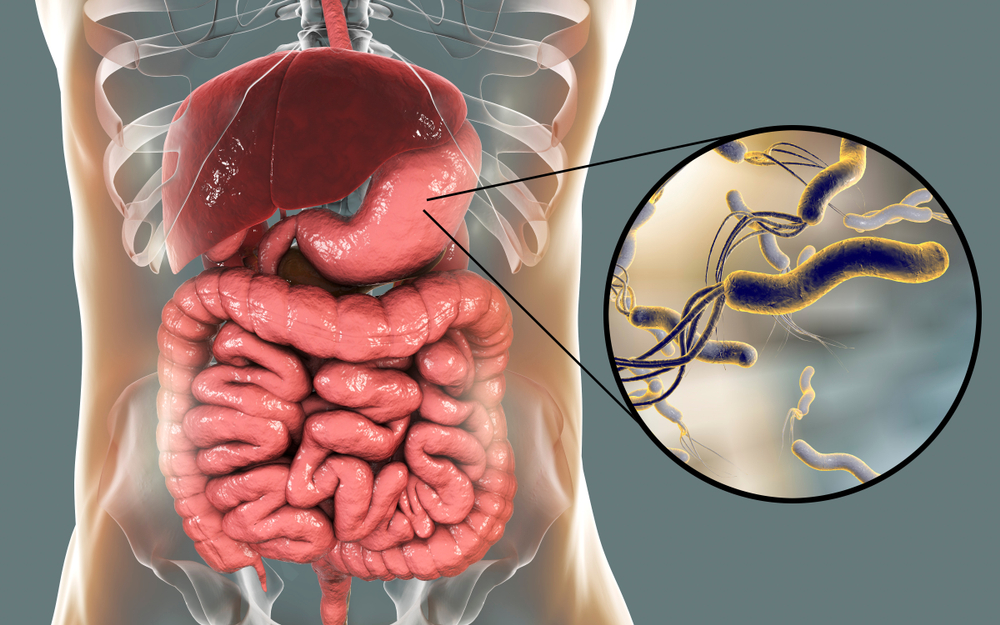
Tests for helicobacter pylori are used to see if you are infected with the bacterium that is the main cause of peptic ulcer disease. Testing may be done if you have symptoms that are typically caused by an ulcer. If your test is positive, you will be treated with a combination of antibiotics and a proton pump inhibitor – medication that reduces stomach acid. In some cases, more than one treatment course is required to clear the body of the bacterium.
What is being tested?
These tests are looking for evidence of an infection by a bacterium, known as Helicobacter pylori. This bacterium is now known to be a major cause of peptic ulcer disease. H. pylori is also associated with the development of gastric cancer.
How is it used?
A positive test for H. pylori indicates that your gastrointestinal pain may be caused by this bacterium. Taking antibiotics will kill the bacteria and may stop the pain and the ulceration.
When is it requested?
If you come in complaining of gastrointestinal pain and symptoms of an ulcer, your doctor may request one of the H. pylori tests to determine if there is evidence of this disease. These tests may also be requested after you finish taking the prescribed antibiotics to prove that the H. pylori bacteria have disappeared from your body. A follow-up test is not performed on every patient.
What does the result mean?
A positive H. pylori test, antibody, antigen, or breath test indicates that you have been infected with this organism. In recent years, scientific data show that this bacteria causes stomach ulcers and appropriate treatment can destroy the bacteria and stop the disease.
Is there anything else I should know?
People have gastrointestinal pain for many reasons - H. pylori is only one.
Being on proton pump inhibitor medications such as pantoprazole and omeprazole can decrease the sensitivity of the tests and should be ceased two weeks prior to the test being performed.
Common questions
Usually the doctor will prescribe a combination of antibiotics and proton pump inhibitor medications for several days.
No, many people have evidence of infection but have no symptoms of ulcerative disease.
The bacteria are transmitted by eating food or drinking water that has been contaminated with human faecal material. Animals do not carry the bacteria in their gastrointestinal (GI) tracts; it is only found in humans. Peptic ulcer disease is one of the most common human ailments, affecting about 50% of the world's population. In Australia and other developed countries, the infection rate is lower because of better hygiene and socioeconomic status. Person to person spread can occur within households.
The majority of persons who successfully complete the combination antibiotic therapy get rid of this bacterium from their GI tract. However, resistance to some of the antibiotics may occur and therefore the bacteria may continue to multiply in spite of appropriate therapy.
Years ago doctors did not know that Helicobacter pylori existed. Before 1994, peptic ulcers were not recognised as an infectious disease, so the only treatment prescribed for ulcers was a change in diet and antacids to stop the pain.
What is Pathology Tests Explained?
Pathology Tests Explained (PTEx) is a not-for profit group managed by a consortium of Australasian medical and scientific organisations.
With up-to-date, evidence-based information about pathology tests it is a leading trusted source for consumers.
Information is prepared and reviewed by practising pathologists and scientists and is entirely free of any commercial influence.